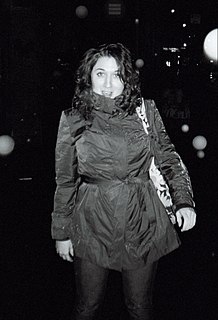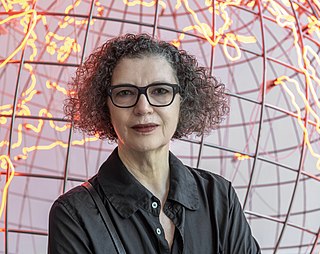A Quote by Kofi Annan
I am often asked what can people do to become a good global citizen? I reply that it begins in your own community.
Related Quotes
If you behave like a good citizen, and you upgrade and improve your property, your reward will be the government will take more money from you. So using that analogy, you should let your house become the shithole on the block and they'll reduce your taxes and you'll pay less. Be a bad citizen with your neighbors, right? You'll save money then.
I'm often asked the same question: What in your work comes from your own culture? As if I have a recipe and I can actually isolate the Arab ingredient, the woman ingredient, the Palestinian ingredient. People often expect tidy definitions of otherness, as if identity is something fixed and easily definable.











































